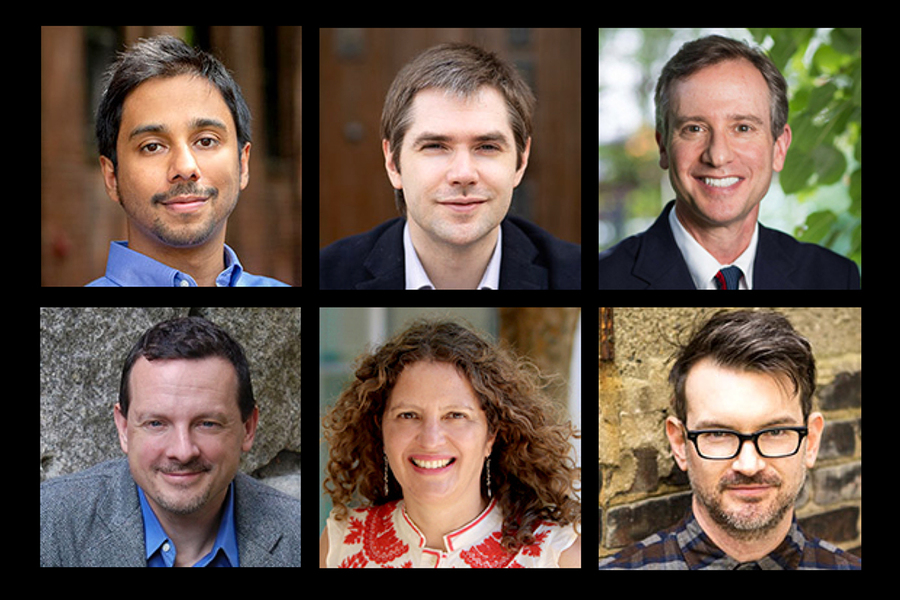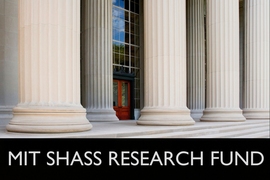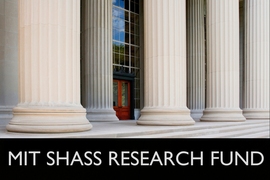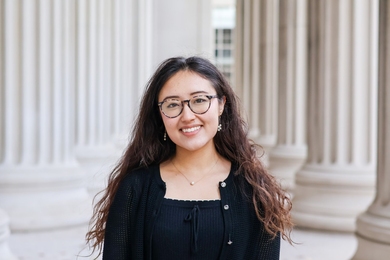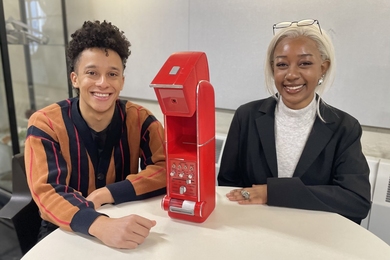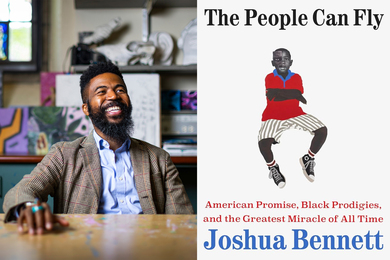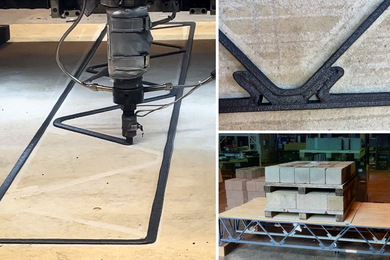The annual MIT SHASS Research Fund supports research in the Institute's humanities, arts, and social science fields that shows promise of making an important contribution to the proposed area of activity. Congratulations to the six recipients for 2022:
Dwai Banerjee, associate professor in the Program in Science, Technology, and Society, will use his award funding for work on the book project, "A Counter History of Computing in India." Although India supplies cheap technological labor to the rest of the world, the country lags behind in basic computing education, research, and development. Banerjee will trace major shifts in the relation between the Indian state and computer science since the 1950s.
Tristan Brown, assistant professor of history, will use the award to collect data on the spread of Islam in China during the Ming and Qing Dynasties. This research could potentially reveal that the Chinese state during these periods was often heavily involved in the creation and support of Islamic institutions. The final product will be a website where scholars can examine and engage in data-driven maps showing the historical location of mosques across China and the individuals associated with their creation.
The award will enable Eric Goldberg, professor of history, to make a research trip to Berlin in summer 2022 for his new book project, "The Carolingians and the Vikings: Contact, Conflict, and Accommodation, 751-987." This book will work against stereotypes of the Scandinavian raiders to provide a valuable new perspective on the history of the ninth and 10th centuries in Europe.
The funding will support two projects by Nick Montfort, professor in the Comparative Media Studies/Writing Program. The first is 101 BASIC Poems, a literary and media endeavor that will present short computer programs for classic computers that rework and comment on poetry and art of the past century. The second is the development of Curveship, a programming platform for creating variable narratives that has potential creative, learning, and research uses.
Tanalís Padilla, professor of history, will use her award funding to conduct short-term exploratory research trips in Chile, Bolivia, and Mexico for her new book on the effects of Cuba's medical internationalism in Latin America. Since 1960, hundreds of thousands of Cuban medical professionals were sent to Asia, Africa, and Latin America, jarring with the island's long-standing symbolism of anti-imperialism. Padilla will investigate the local impacts of these international political transactions.
The award will support Ken Urban, senior lecturer in the Music and Theater Arts Section, in creating a new multimedia play, "The Conquered," to be directed by Jay Scheib, Class of 1949 Professor of Theater Arts. The production will bring six actors to campus along with a design team for a two-week intensive workshop in the new year using MIT's technical resources to produce video and audio elements for the play.
